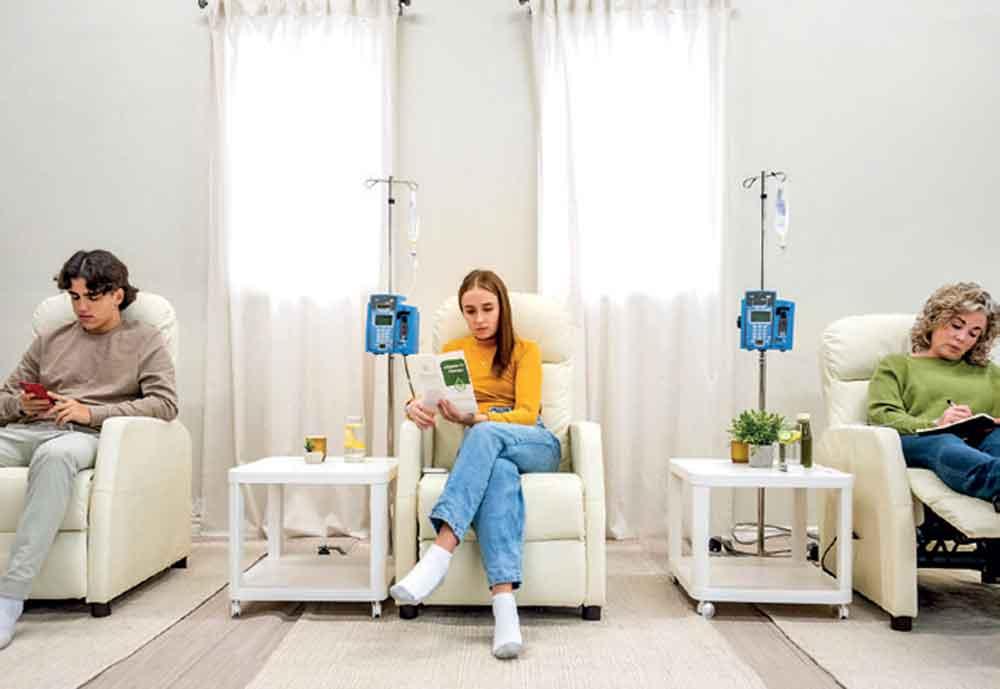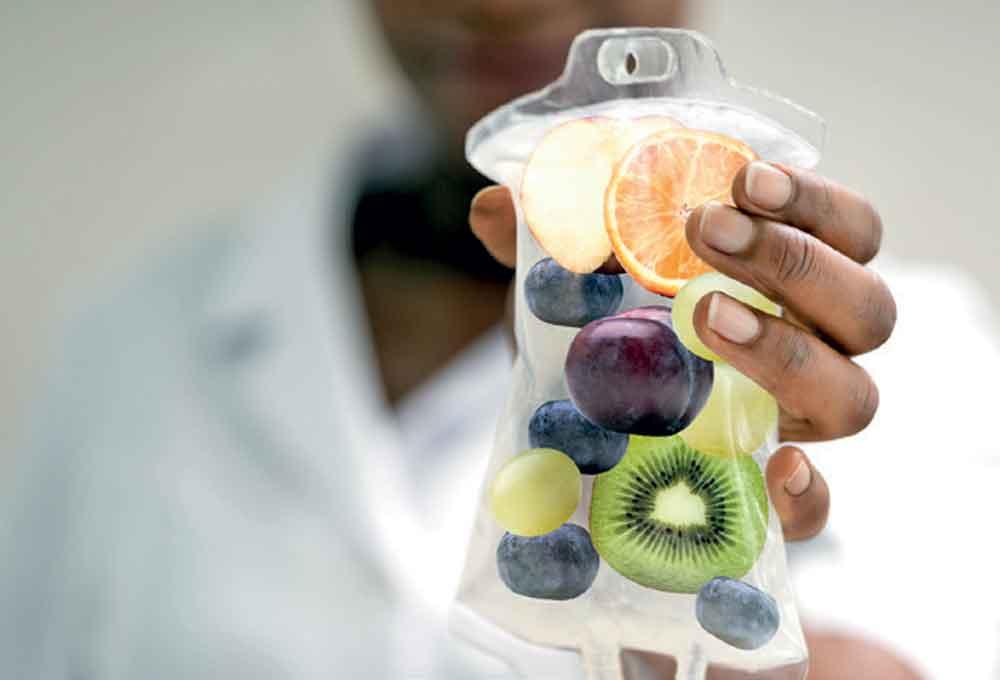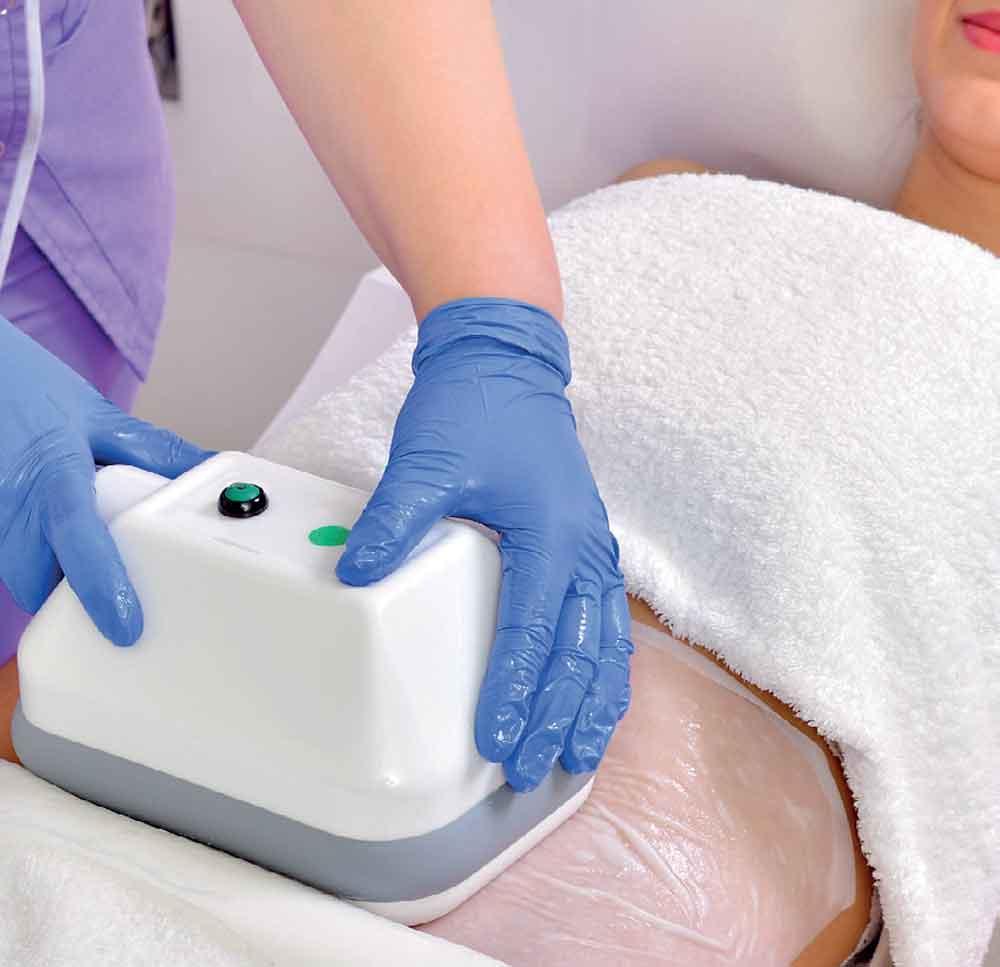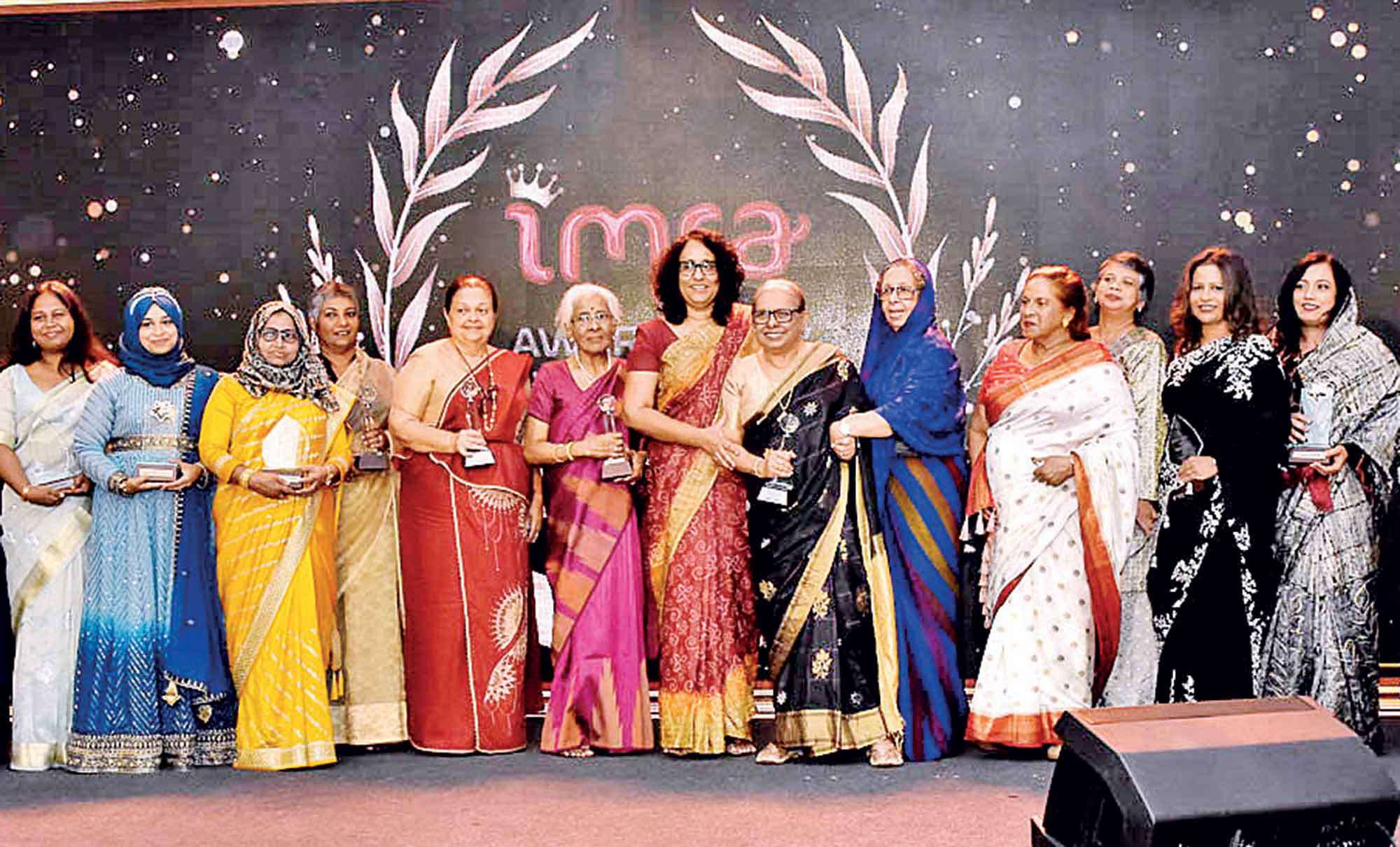
It’s 2025, and the pursuit of beauty has officially gone high-tech. From radio waves zapping fat cells to vitamins dripping straight into your veins, Sri Lanka’s wellness scene is booming with aesthetic medicine trends that promise fast fixes and glamorous results. But are these treatments as safe as they seem? Let’s unpack what’s trending, what’s risky, and what you should know before booking your next “tweakment.”
The Rise of Non-Invasive Fat Reduction Treatments
 Step into any modern skin clinic (or even some hospitals) in Sri Lanka and you’ll likely spot machines with fancy names promising to “melt fat” away without a scalpel in sight. We’re talking about cavitation, radiofrequency (RF), and ultrasound fat reduction – non-invasive treatments designed to “zap” fat cells.
Step into any modern skin clinic (or even some hospitals) in Sri Lanka and you’ll likely spot machines with fancy names promising to “melt fat” away without a scalpel in sight. We’re talking about cavitation, radiofrequency (RF), and ultrasound fat reduction – non-invasive treatments designed to “zap” fat cells.
How These Treatments Work
These methods function by disrupting fat cells (adipocytes) using sound waves or heat energy, leading to the breakdown of fat tissue, which the body is supposed to eliminate naturally. For example, ultrasound cavitation uses low-frequency sound waves to create pressure on fat cells, ultimately causing them to burst.
Potential Health Risks
While these treatments might shrink your waistline, they don’t come without risks. When fat cells break apart, they release their contents into your bloodstream, which could potentially mess with your metabolism. Think increased risk of metabolic disorders or inflammation, hard-to-measure effects that may not show up straight away. A 2023 global survey found that over 40% of individuals undergoing non-surgical fat reduction had multiple sessions annually, often without medical oversight, raising concerns about cumulative effects. And let’s not forget, these are aesthetic procedures, not medical weight loss solutions. They won’t change your lifestyle, fix poor eating habits, or replace good old-fashioned walking or movement.
Vitamin IV Drips: Wellness Trend or Risky Practice?
Intravenous (IV) therapy is the practice of infusing fluids, vitamins, or minerals directly into the bloodstream. It has become increasingly common in wellness clinics. Originally reserved for hospital use in critically ill patients, it is now marketed as a way to “boost immunity,” “increase energy,” or “detoxify the body.”

A Growing Industry
Globally, the IV therapy market is projected to surpass USD 6 billion by 2027, with Sri Lanka seeing a marked rise in clinics offering vitamin drips, often promoted on social media. Celebrities such as Chrissy Teigen and Rihanna have openly endorsed these drips, further fuelling public interest.
Understanding the Risks
Despite its popularity, IV therapy carries significant health risks, particularly when administered outside a clinical setting:
- Infection: Any breach of the skin increases the risk of infection, especially when sterilization protocols are lax.
- Phlebitis and Blood Clots: Inflammation of the vein (phlebitis) or clots can develop, causing pain and potential complications.
- Extravasation: If the needle is misplaced, fluids can leak into surrounding tissues, causing burns or blisters.
Moreover, bypassing the gastrointestinal tract eliminates the body’s natural protective barriers, and there is limited evidence to support the use of high-dose vitamins in healthy individuals. Excess vitamins, especially water-soluble ones like vitamin C and B are typically flushed out of the body via urine, meaning much of what is delivered through an IV drip may not be absorbed or needed. In essence, you may be paying for an expensive way to fill your bladder, with little to no additional health benefit.
What Does the Science Say?
IV vitamin drips are medically indicated for specific conditions such as severe vitamin deficiencies, malabsorption syndromes, or critical illness. However, for the average healthy person, there is no evidence that vitamin infusions offer benefits beyond what can be achieved through a balanced diet. A recent review in The Lancet emphasized that high-dose vitamin infusions offer no additional benefit over oral intake in individuals without diagnosed deficiencies. Furthermore, excessive intake of some vitamins and minerals can cause harm, particularly when delivered intravenously. In Sri Lanka, regulations around advertising and administering prescription-only injectable vitamins remain unclear, allowing some clinics to promote these treatments without transparency or adequate health screening. This lack of regulation poses a real risk to consumer safety, especially when such treatments are marketed as general wellness solutions.
Conclusion: Informed Choices Matter
The growing availability of aesthetic treatments and wellness infusions has blurred the line between medical necessity and consumer-driven demand. While these interventions may offer short-term results, their long-term safety remains uncertain.
If you are considering fat reduction treatments or IV therapy, it is crucial to:
- Consult a qualified healthcare professional or nutritionist.
- Understand that non-invasive does not mean risk-free.
- Prioritise evidence-based approaches to health, including a nutrient-rich diet, regular activity, and proper medical care when needed.
For most healthy individuals, these trends offer more hype than benefit, and in some cases, can lead to real health risks. A proactive approach to wellness, rooted in science rather than marketing, remains the best path to lasting health.












